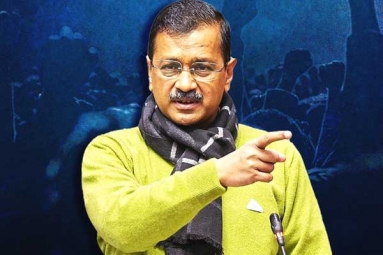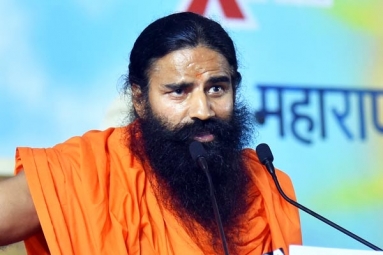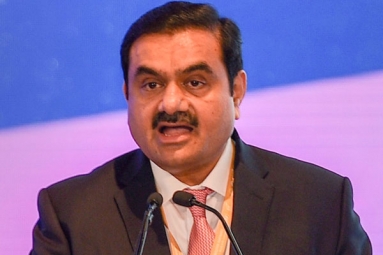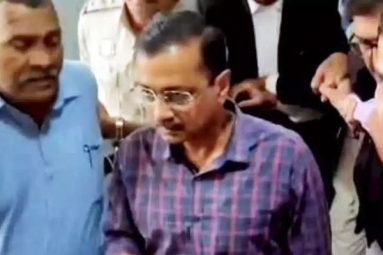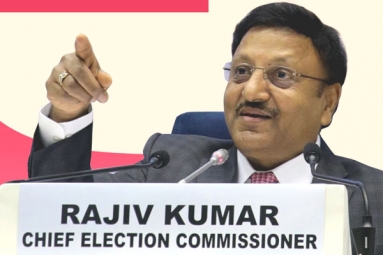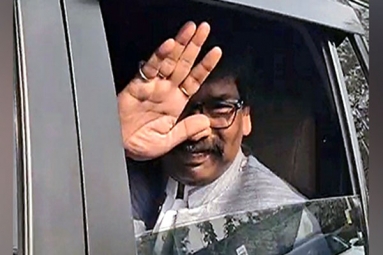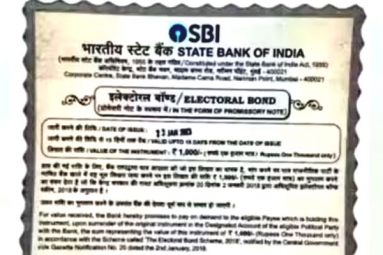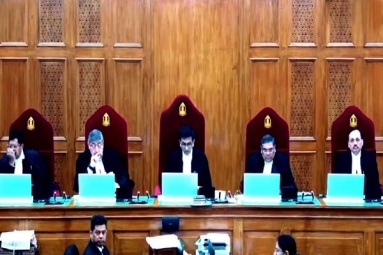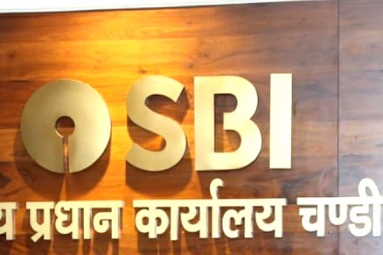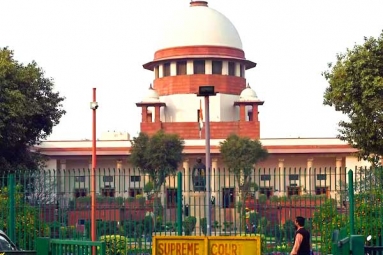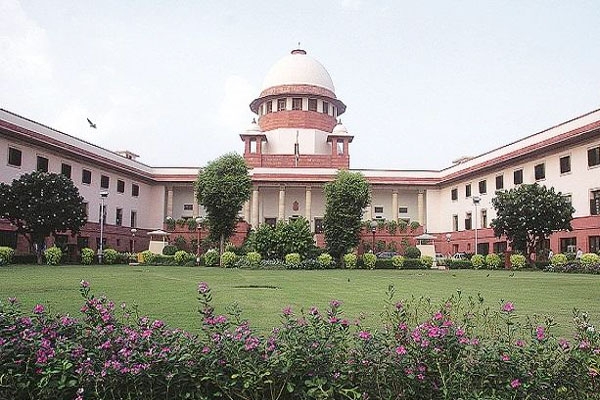
(Image source from: financialexpress.com)
The Supreme Court to hear today around a whopping 144 petitions related to the Citizenship Amendment Act (CAA) which includes the petitions that challenges the constitutional validity of CAA and transfer petitions filed by the Central Government.
A three- judge bench would be hearing the petitions with the most petitions being to withdraw the law. Chief Justice SA Bobde would lead the three- judge bench.
The petitions claim that the new law that has been passed stands against the basic structure of the constitution and is illegal. The petitions say that the right to equality will get demolished as the law is seeking to grant the citizenship on the basis of the religion.
The petitions have been filed by several political parties and the key political parties being the Congress, the DMK, CPI, CPM, Indian Union Muslim League or IUML, Asaduddin Owasi’s All India Majilis- e- Ittehadul Muslimeen and Kamal Hassan’s Makkal Needhi Maiam.
A plea has been made that the citizenship law should be declared constitutional which had been refused by the bench in the court on January 9 as it said that the efforts of the country should now be in attaining peace as the country is facing difficult times as that the job of the court is not to declare whether the law is constitutional but it is to determine the validity of the law, says the bench of which Justices BR Gavai and Surya Kant has been a part.
A notice has already been issued to the center by the top court as it seeks the response of the center on the issue. The center has responded with a request for transferring similar cases that had been filed in the high courts to the Supreme Court.
The government says that the Citizenship Act has been amended as it seeks to grant the citizenship of India to all the non-Muslim religions i.e., Hindus, Christians, Sikhs, Parsis, Jains, Buddists who have been as religious minorities in the three neighboring countries namely Pakistan, Afghanistan, Bangladesh facing religious persecutions there and who have come to India on or before December 31, 2014.
The people who are protesting against this law fears that the law would be discriminating the people based on their religion as it said that the Muslim communities from the countries of Afghanistan, Bangladesh, Pakistan would not be granted with the Indian Citizenship and there would be violating the secular principles of the constitution.
By Shrithika Kushangi









